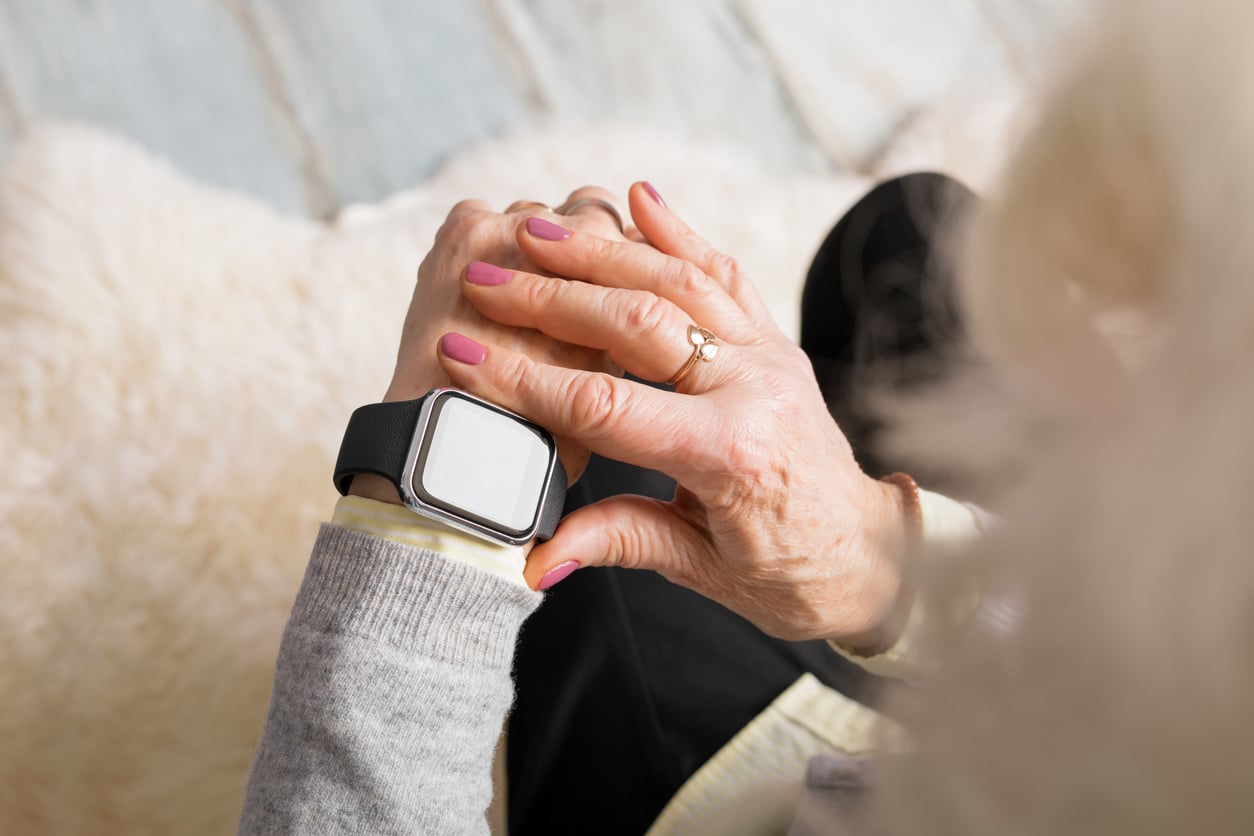It’s important to support successful home care after a hospital discharge. Go over this handy after-discharge checklist with a doctor or case manager before it’s time to go home from a procedure or hospital admission.
Top 10 Steps to Follow After Hospital Discharge
1. Ask questions.
There are a few key pieces of information you need to know before going home:
- What’s your main problem?
- What do you need to do? And
- Why is it important to do this?
“These questions and their answers form the framework for your needs after discharge,” notes Nicole Rochester, founder/CEO, Your GPS Doc in Gambrills, MD. And when you’re not crystal clear about the instructions, ask for clarification. Learn more from the National Patient Safety Foundation and Institute for Healthcare Improvement.
2. Discuss finances.
Although it can be awkward, it’s necessary to discuss your ability to afford the equipment, medications or home care after hospital discharge. When we provide all the relevant financial information we can, case managers and social workers can do a better job getting us the resources we need.
3. Seek support.
The case manager or social worker can point you to organizations that offer help after hospital discharge, from transportation and meal delivery to social visits. Options include nonprofits, the local council on aging, in-person and online support groups, faith-based organizations and friend groups. Remember that support is just as important for caregivers as for patients.
4. Follow instructions.
This seems obvious, yet many people don’t do it. “Not following discharge recommendations can result in hospital readmission due to worsening health or complications,” laments Cheryl Dye, director of the Clemson University Institute for Engaged Aging.
5. Manage medications.
Sometimes we come home with a lot of new prescriptions and OTC medications to manage. Ask your pharmacist, doctor or case manager to help you create a medication schedule to avoid drug interactions and other conflicts, and to outline special requirements like, “take with food” or “avoid dairy”. If you’ve got a lot of pills or are dealing with cognitive impairments, an automatic medication dispenser may be worth the investment.
6. Take notes.
This one’s really important. A doctor’s appointment is one point in time, but your recovery is a longer-term issue. “A log of mental and physical symptoms that occur from day to day can provide a much more comprehensive picture and thus be critically important to the care team in providing appropriate medical advice,” Dye says.
7. Address compliance.
It can be awkward to ask your partner or parent to follow the rules, so many of us avoid conversation and conflict. But that’s dangerous. If the patient isn’t following instructions, “patiently explore why your loved one resists,” Dye says. “Sometimes it helps to connect a recommendation with something the loved one values, like being able to participate in favorite activities.” If the patient is reluctant, discuss that with your healthcare provider, who may be able to adjust the recommendations to make them more acceptable to your family member.
8. Stay engaged.
Depression around the time of illness or hospitalization affects many patients. It’s easy to feel lonely and isolated, and reduced mobility and other capacities can even make us depressed. That’s why it’s crucial to stay engaged and connected. Accept when others offer to come for a visit. Use technology like video chats and email to stay in touch. Investigate ride-hailing services that cater to people with medical needs. If depression leads to thoughts of self-harm, contact 9-1-1 or a suicide hotline immediately. Family caregivers can also get depressed and should follow this same advice.
9. Build confidence.
We all want to recover immediately, but sometimes our bodies have a different idea. Follow doctor’s orders about activity levels, and stay patient and positive. When things are hard, remind yourself/your family member that you/they have successfully tackled many hard things in the past. Tap into that to get through the difficulties. Celebrate even small milestones and incremental improvements.
10. Call 9-1-1.
Many of us are reticent to call an ambulance, but if something is wrong, and it’s serious enough that you think you/your family member needs to go to the ER, don’t hesitate to call 9-1-1. After all, that’s what the medical alert system is for. It’s much better to take an ambulance to the hospital for an evaluation that reveals no serious problems than to stay at home with a potentially life-threatening condition.
Following this discharge checklist helps you prepare better for life after hospital admission or procedure and a positive recovery at home.
Don’t disregard professional medical advice, or delay seeking it, because of what you read here. This information is not intended as a substitute for professional consultation, diagnosis or treatment; it is provided “as is” without any representations or warranties, express or implied. Always consult a healthcare provider if you have specific questions about any medical matter, and seek professional attention immediately if you think you or someone in your care may be suffering from a healthcare condition.




